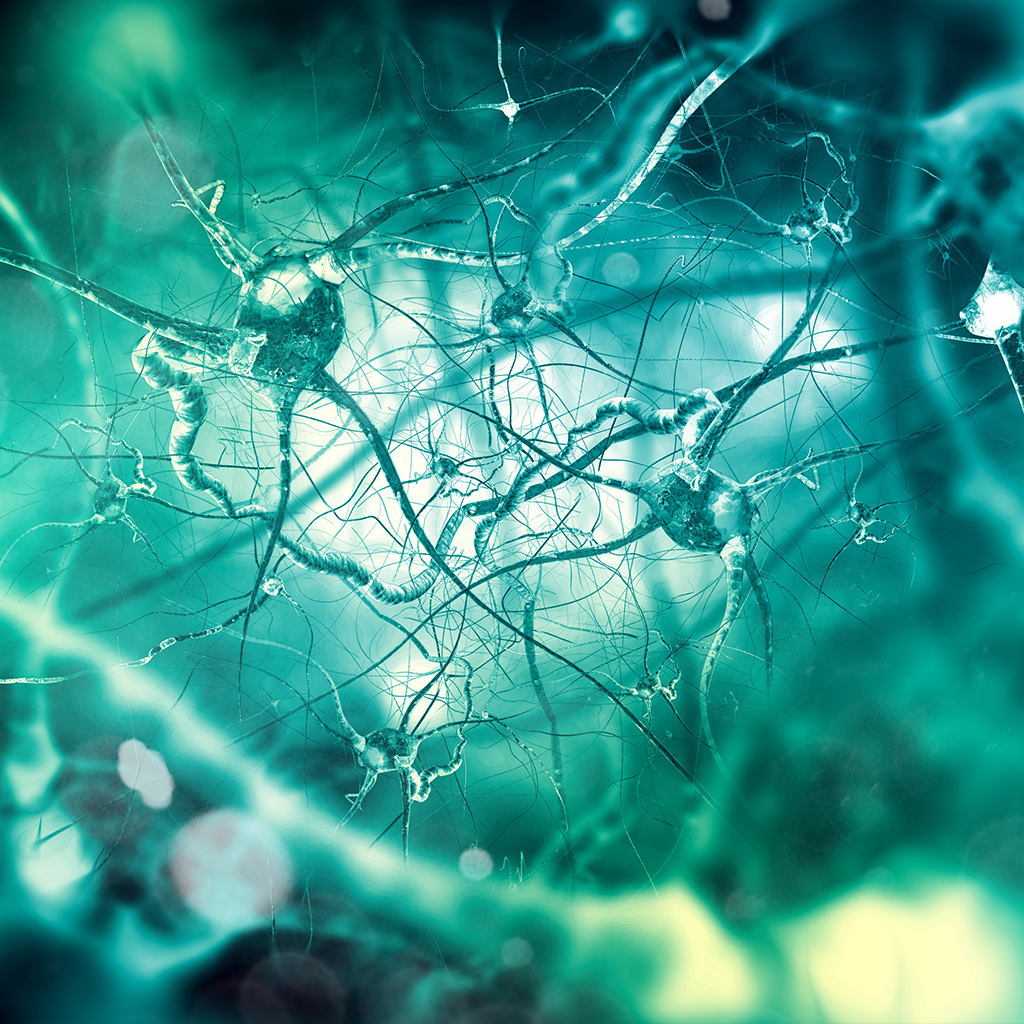A healthy human brain contains tens of billions of neurons, specialised cells that process and transmit information via electrical and chemical signals. These signals send messages between different parts of the brain, and from the brain to muscles and organs of the body.
DHA Docosahexaenoic acid is a major structural fat in the human brain and eyes. Representing about 97% of all Omega 3 fats in the brain, and 93% of all Omega 3 fats in the eye retina. Clear information underscoring why regular consumption of Omega 3 essential fatty acid can help support brain health and vitality.
When there’s not enough Omega 3, the myelin sheath surrounding nerve cells depletes. This depletion causes messages being sent through the brain to slow or stop all together. Thus resulting in poor concentration, and according to some studies, problems with memory.
Observational studies have found that lower DHA statuses have been associated with increased risk of Alzheimer’s disease.
Alzheimer’s disease is a common cause of dementia in older adults. It’s characterised by the formation of amyloid plaque, a naturally occurring protein that can clump and collect between neurons. The plaque formation disrupts cell function, causing brain and nerve cell degeneration. The symptoms of which include memory loss and confusion, worsening over time.
Data from epidemiological studies certainly favours diets rich in Omega 3 long chain fatty acids.
Research has found that countries with regular Omega 3 consumption have a lower rate of depression. Since Omega 3 is an essential component of the neurotransmitter serotonin, which is known to improve mood – regular consumption can support the brain’s neural activity. A 2014 study found that Omega 3 may even help decrease the brain’s inflammatory status, thus making it a vital ingredient for sound brain functioning.
Benefits of Omega 3 EPA & DHA supporting healthy brain function:
- Omega 3 fatty acids are major constituents of neuronal membranes.
- Potential beneficial effects on neuronal functioning, inflammation, oxidation and cell death.
- DHA & EPA hold potential indications towards cognitive function.
The European Food and Safety Authority (EFSA) recommends:
- DHA contributes to maintenance of normal brain function (250mg per day)
- DHA maternal intake contributes to the normal brain development of the foetus and breastfed infants (200mg DHA plus the daily recommended intake of Omega 3 fatty acids (EPA & DHA for adults which is 250mg per day)


 Vegetarian Society Vegan Approved
Vegetarian Society Vegan Approved  Vegetarian Society Approved
Vegetarian Society Approved 








